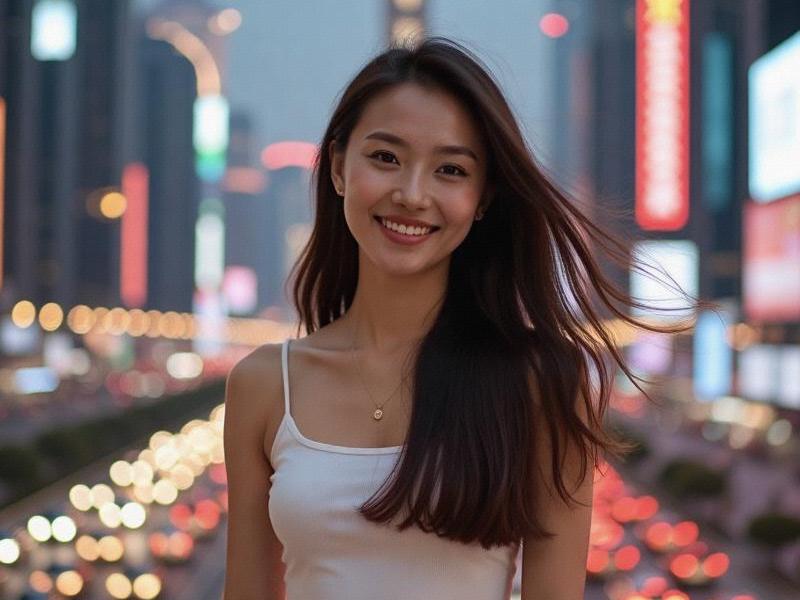This investigative feature explores how Shanghai's elite entertainment venues became the playground for China's new money class while serving as unconventional business hubs in Asia's financial capital.

The LED dragon above Bund 18 pulses to EDM beats as a Lamborghini convoy deposits Shanghai's glitterati at M1NT - the club where a ¥50,000 ($7,000) bottle service order barely raises eyebrows. This is ground zero of Shanghai's "night economy" that generated ¥265 billion ($37 billion) last year, where entertainment venues have evolved into multi-functional luxury complexes.
From Jazz Age to Algorithm Age
Shanghai's club scene traces its DNA to 1930s jazz parlors like the Casanova Ballroom. Today's venues blend this heritage with digital-age spectacle. At TAXX - China's largest club (3,000 sqm) - facial recognition gates open to holographic performances and blockchain-powered VIP memberships. "We're not selling alcohol, we're selling exclusivity," explains manager Zhang Lei, whose clientele includes tech unicorn founders and celebrity influencers.
上海龙凤论坛419 The KTV Paradox
Behind unmarked doors in Jing'an district, "super KTVs" like Crown offer soundproof rooms with £100,000 Bosendorfer pianos and AI-assisted song selection. Surprisingly, 62% of bookings are for weekday afternoons. "This is where venture capital deals happen over Jay Chou ballads," reveals regular user Michael Chen, a private equity director. The most requested song? "The Moon Represents My Heart" - apparently effective for closing negotiations.
Membership as Currency
上海龙凤阿拉后花园 At establishments like Bar Rouge and Unico, membership tiers determine social capital. The platinum card at Dragon Night (¥2 million/year) includes concierge services like securing Hermès Birkin bags or last-minute opera tickets. "It's about access, not alcohol," notes lifestyle blogger Emma Wang, whose club reviews sway 3 million followers. During Shanghai Fashion Week, these venues transform into impromptu showrooms, with brands paying up to ¥800,000 for pop-up events.
The Regulatory Tightrope
After 2016's anti-corruption crackdown, venues rebranded as "cultural experience centers." Strict ID scanning systems now track all patrons, while "minimum consumption" rules replace outright cover charges. The savvy ones thrive - Mao Livehouse combines concerts with art exhibitions to qualify for cultural subsidies. "We're entertainment platforms, not just clubs," insists owner Liu Fei, whose venues host 300+ "healthy nightlife" events annually.
上海品茶工作室
Globalization's Playground
In the Former French Concession, venues like Le Baron attract a United Nations of revelers. On any given night, Russian crypto traders debate with Vietnamese textile heirs while Shanghai socialites practice their French with Bordeaux vineyard owners. "This is China's most international dating pool," jokes Swiss banker Claude Dubois, sipping a ¥1,280 whisky at Speak Low - Asia's 2 cocktail bar.
The Dawn After Dark
As sunrise illuminates the Pearl Tower, the real business begins. Upscale venues now offer "recovery brunches" with IV drips and massage therapists - because in Shanghai, even relaxation gets optimized. The city that invented "24/7 dim sum" has perfected the art of perpetual entertainment, proving that in China's financial capital, nightlife isn't an escape from work - it's often work itself.